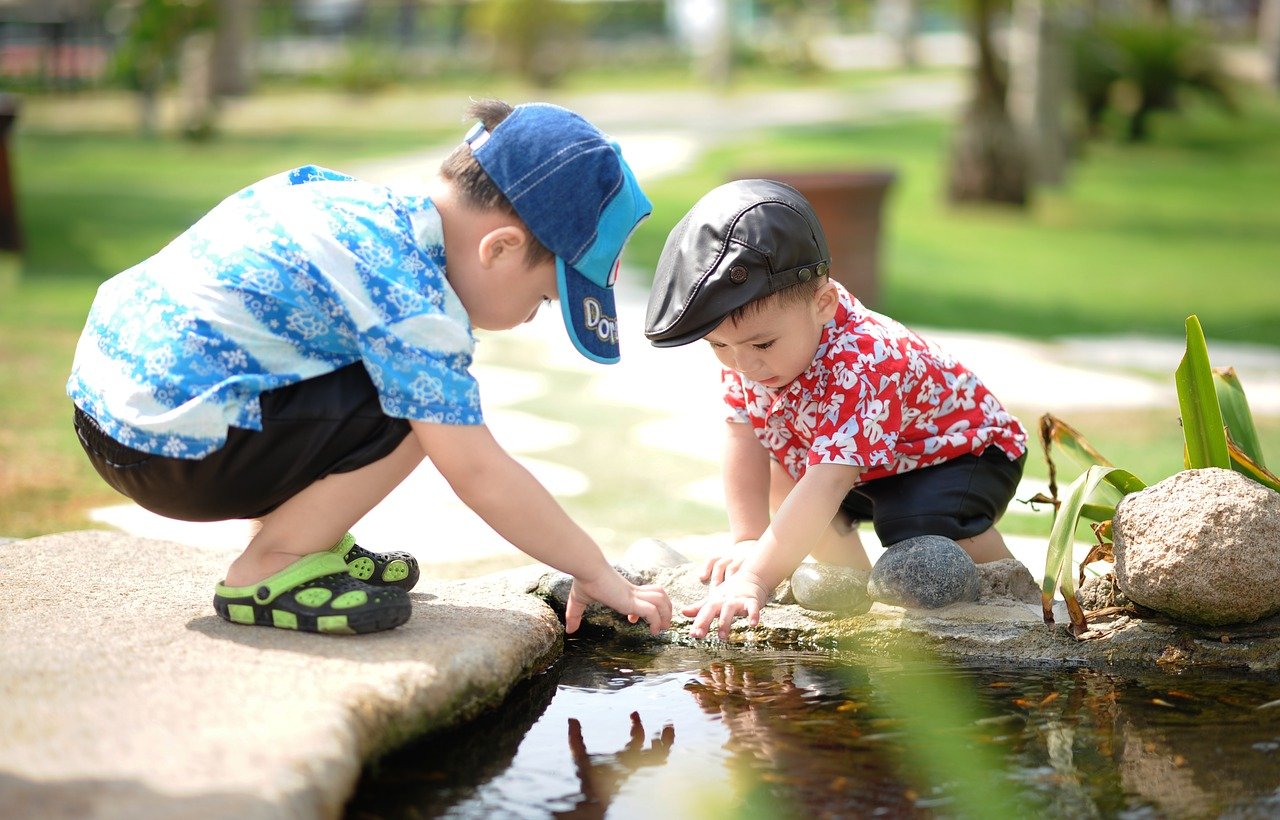

In EYFS, children are encouraged and taught to learn through play but at what point does it stop? Do children ‘grow up’ too early?
Cate Knight argues that all students should still play to learn and to have a healthy mental health.

I have had the privilege of being “Aunty Cate” to four awesome humans and “god mummy Cate” to another. All five of these marvellous, unique little beings have brought me unforeseen joy.
The imagination that a child posses is incredible.
They have within them the potential to build realms, create realities and dream the most beautiful dreams.
I have watched these important little people play, explore and grow into thoughtful, resourceful, intelligent young adults.
My only sadness is that I no longer get to pretend to be a dragon or hide from Martians or chase around trying to catch falling leaves. They have put away childish things.
I’m sure many of you may feel that this is as it should be. I find it incredibly sad. Instead of palaces built from iridescent ingenuity I now hear about essays, exams and infringements on behavioural policies. At least there is one level of non conformity for me to still be proud of.
The question I keep asking myself over and over again is…. why?
Why do we stop playing? Why is it something that we allow to happen? What is so wrong with play?
If you put a box of dressing up clothes, party hats and building toys in front of a group of adults and give them space and time they will eventually become engrossed, absorbed in creativity and relax into a state of imaginative play. Afterwards they will express how much they loved the experience. This is not considered a “normal” thing though and in an age of increasing pressure and technology many adults do not even play alongside their children anymore.
I worry that we are forgetting what it means to play. We are shutting off that vital part of our cerebellum which enjoys and rewards this behaviour. We are starving ourselves of dopamine.
In fact, given that so many species indulge in “play” on an instinctive level it could be said that play is something evolutionarily necessary. We are programmed to enjoy things that help us to survive and adapt. If we ignore and suppress this instinct are we not potentially curtailing evolution or cutting out a vital part of our development?
Mental health, anxiety and depression has recently been deemed the second largest cause of morbidity in the U.K.
Play is something that naturally releases dopamine reward, encourages the endorphins to flow and can even help build new and stronger neural pathways.
It is the perfect way to prescribe happiness.
It is something that we remove from children far too early and that adults are almost devoid of.
I wrote myself a letter, aged 11, telling older me to never become a boring, miserable adult. I wisely encouraged my future self to play, enjoy snow, revel in last minute adventures and seize every opportunity to have fun.
When I became a teacher that was a promise I endeavoured to uphold. Mine was the classroom full of activity, full of squeals of laughter, questions and imaginings. I was the teacher standing on a table pretending to be an erupting volcano or jumping up and down doing chicken impressions. I can feel some of you rolling your eyes from here but these were not “gimmicks” or gamification for the sake of it. They were strategic ways to create an atmosphere of trust, a culture of creativity and innovation and a permission to play.
Teenagers who had found themselves statically seated with little neurological reward suddenly regressed and remembered the importance of imagination. Was it silly? Sometimes. Did it push boundaries? Certainly. Did they stumble across new thinking, ideas and concepts? Absolutely.
Learning in my classroom was generally joyful. Playful, vibrant and at times chaotic but I have ex students who remember every moment. Students who used the skills they gained to become free thinkers, happy humans and all round good people.
So, here is a plea from the 11 year old me and from every 11 year old facing the next 7 years in education.
Don’t put away childish things.
Take your shoes off, open your mind….
And play again.
Click here to add your own text